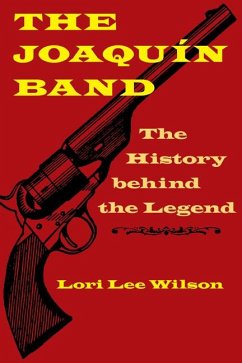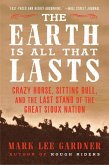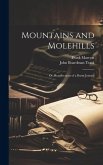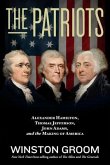After the U.S.-Mexican War, gold was discovered in northern California, a Mexican territory that had been ceded to the United States. Thousands of Mexican and American citizens traveled to the gold region and soon clashed. The ruling Americans enforced unjust laws that impelled some Mexicans to become bandits, Joaquín Murrieta among them. He became something of a media myth, with a few newspaper editors complaining that he was reportedly seen in two or more counties at once. In 1854 journalist John Rollin Ridge published a book about the legendary Joaquín band, with news accounts providing the foundation for Ridge's story. In one newspaper, Murrieta was quoted as saying he had suffered abuse at the hands of Americans and so was justified in seeking revenge by trampling their laws under foot. Murrieta's justification became an oft-repeated refrain among bandits, one designed to excite sympathy and gain followers. By digging up Spanish sources and revisiting English sources, Lori Lee Wilson discovered previously unrecognized cultural and political forces that shaped the Joaquín band legend. She reveals the roots of an American fear of a Mexican guerrilla band threat in 1850 and the political and societal response to that perceived threat throughout the decade. Wilson also examines how the Joaquín band played in the Spanish-language newspapers of the time and their view of the vigilante response. The Joaquín Band is a fascinating examination of the role of the Joaquín band legend in California and Chicano history and how it was shaped over time.
Hinweis: Dieser Artikel kann nur an eine deutsche Lieferadresse ausgeliefert werden.
Hinweis: Dieser Artikel kann nur an eine deutsche Lieferadresse ausgeliefert werden.








